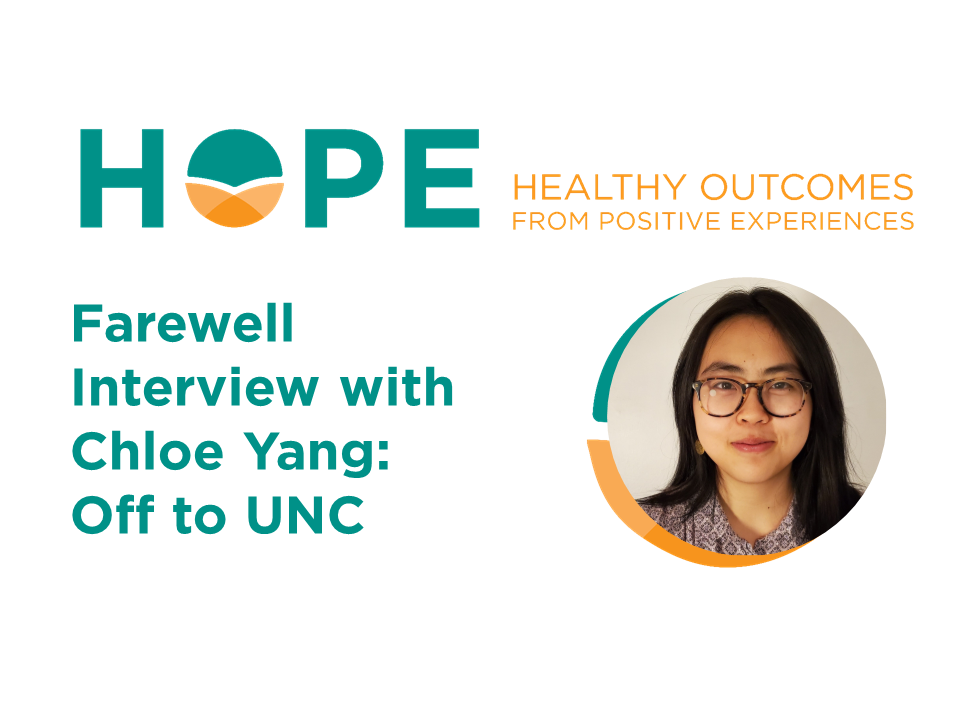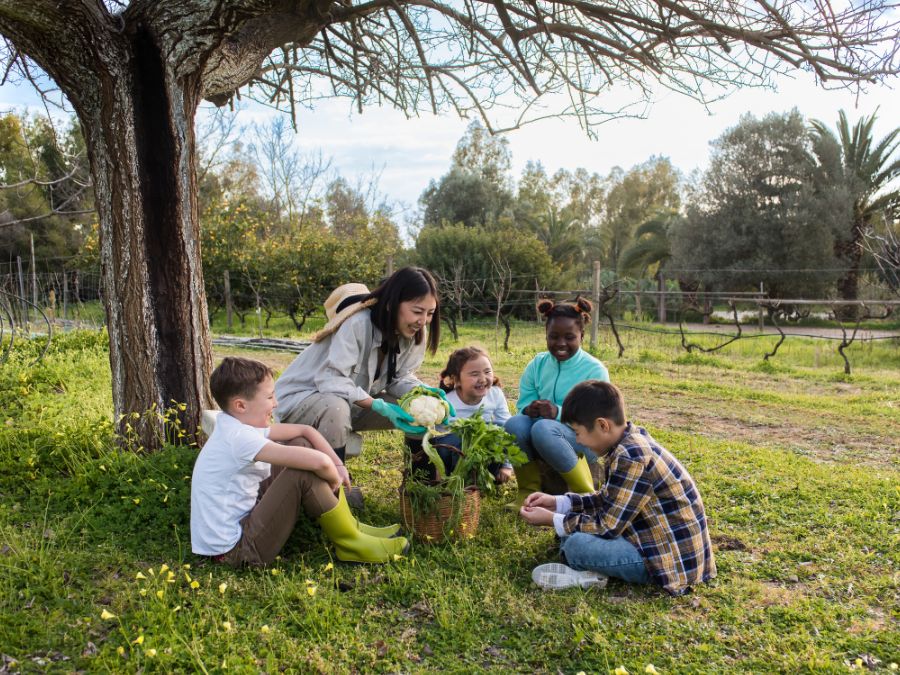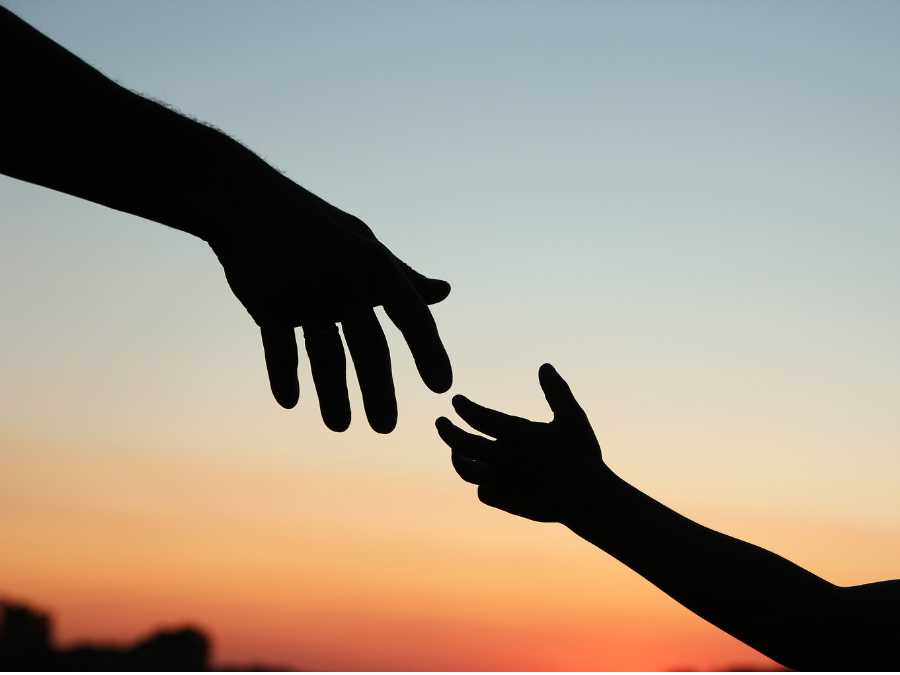
Chloe Yang, the HOPE team’s much-loved Senior Research Assistant, has moved on from the team to pursue a Master’s in Public Health degree at the University of North Carolina – Chapel Hill! From managing the website and blog posts, to assisting with data analysis and report writing, Chloe was the backbone of the HOPE team from her start with us in November of 2019. In her farewell interview, the HOPE team asked her about her most treasured moments, shining light on the way that HOPE has transformed her life just as she has changed ours.
What was one highlight of working with HOPE that you look back on fondly?
I really enjoyed doing the blog interviews! I know that’s not one event, but it’s something that I didn’t come into the job expecting to do, and I ended up really enjoying it.
I learned a lot in this job, including how to be more optimistic! But I think that doing the blog interviews was representative of that [optimistic growth]. I got to hear from a lot of different kinds of people and perspectives and learn things I didn’t know I would.
Will you bring the framework of HOPE and the 4 Building Blocks with you in your life and career?
Definitely. I remember when [a few former student volunteers] were leaving, and they talked about how happy they were that they got to work with HOPE so early, because it would shape the rest of their careers and their educations. And I totally feel the same way.
Already, when I’m reading papers or looking at different things in public health or in my own life, I’m looking for the Building Blocks without even thinking about it. They’ve already so shaped how I think about development and health that it would be hard for me not to think about HOPE going forward. I would have to actually try NOT to!
What do you hope for HOPE in the future?
I’m really excited about the community action side of HOPE – I know we’re all excited about that! But especially, that toolkit on how to make [the framework], the Building Blocks, or PCE questions fit for whatever specific community or population you’re working with. I’m excited for that to keep developing and roll out in future—having that community engagement and community voice define and shape what HOPE is for them. That co-development process is something that HOPE is already thinking about and [is] on the table, [so] I think HOPE is heading there, and I’m glad! That’s where I think HOPE should be, hearing those voices and working in equal partnership with communities.
What is a new skill you learned at HOPE you will take with you?
This is not necessarily a technical skill – it’s a little cheesy. But working here gave me more confidence in my ability to do new things, even if I’d never done them before. That was a really rewarding thing about working at HOPE, because everyone on the team is involved in so many projects. When I first started working here, I was more nervous; I didn’t really trust that I was doing the right thing all of the time. But working at HOPE has given me more confidence in being able to pick up new things.
How did HOPE’s goals transform your own goals?
HOPE helped me become more optimistic. A lot of the work I’d done before this was focused on problems, and I had never considered the effect that positive experiences have, not just on children but on everybody. That’s really going to shape the kinds of questions I ask and the kinds of work I do going forward, as well as what I want for my own life. The Building Blocks have changed how I think about health going forward, in work and also personally, for myself and for everybody I care about.
What have you learned at HOPE that has impacted your understanding of diversity and equity in public health?
A lot of it pushed me toward the community engagement piece. Doing interviews with experts and board members and community leaders, that’s something that came up again and again—the importance of partnership with communities. That confirmed for me that to do this work equitably, you have to do it with the people who are most impacted by the work.
I also learned why exactly certain dynamics between providers, clients, and patients are the way that they are. Where those power dynamics come from, what systems and protocols are keeping them in place, and why it is hard for providers to build real relationships with their patients or clients. Working here helped me understand why the barriers are there – why it can be hard to build those relationships that are important for building HOPE.
Why did you decide to pursue public health?
One thing that attracted me to public health was realizing how broad it was! Working at HOPE helped me realize how many things impact public health that might not necessarily be labeled that way. There are a lot of things within the 4 Building Blocks that heavily impact public health, and people don’t necessarily think of them that way. Also, seeing the work that public health organizations were doing during my time here, and meeting people who were doing that work really inspired me.
What are you going to miss the most about HOPE?
I’m going to miss the environment of HOPE. The HOPE team is really special. We’re really comfortable with each other, and we work well together. There’s a lot of trust that we all have for each other, and as a result, I got to work on a lot of things more deeply than I could have imagined [when I started]. I’m going to miss that part of it – feeling so integrated in the work and being part of this team.
Anything we didn’t ask that you want to say?
Thank you for having me as part of the team! I really enjoyed it.


